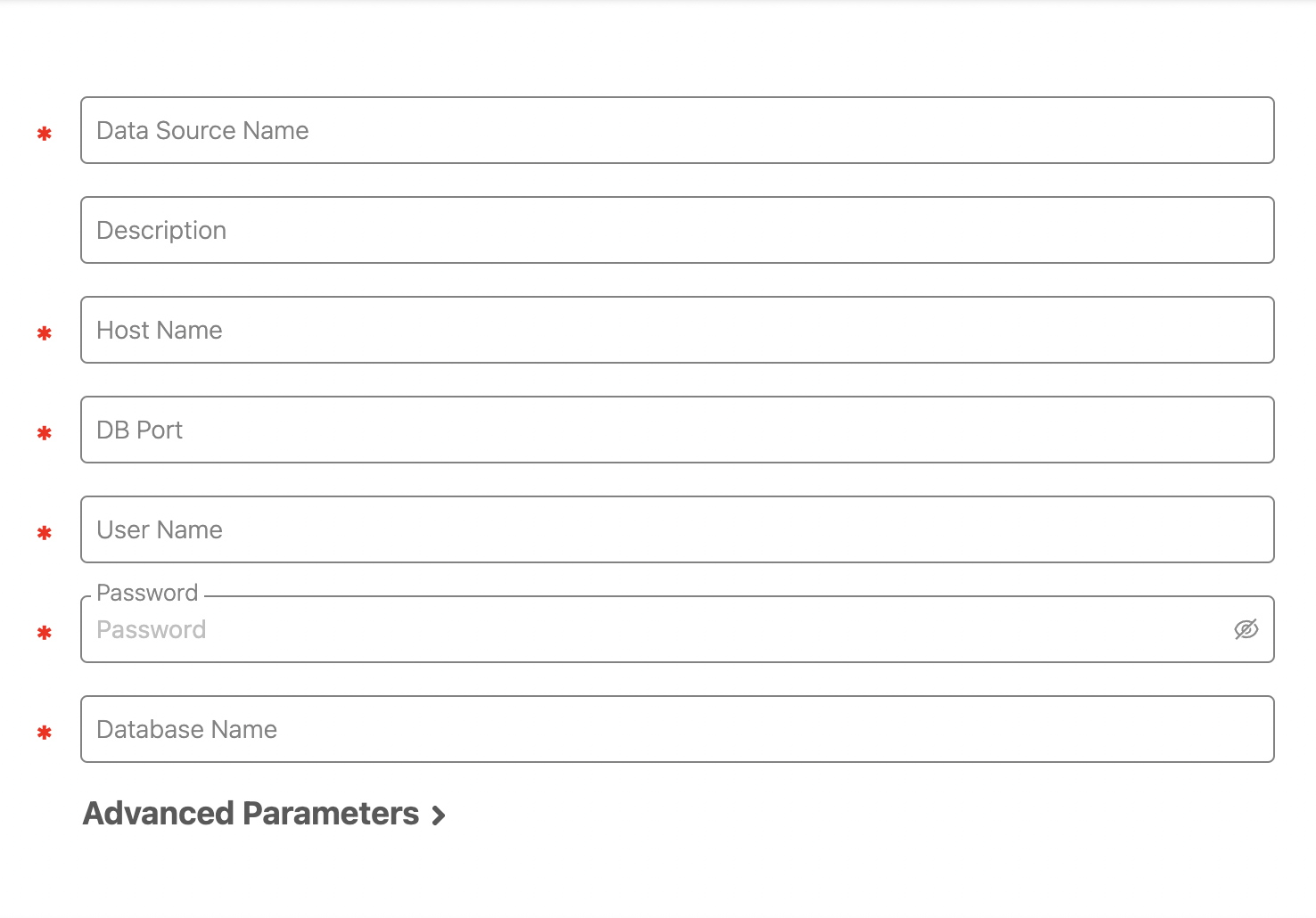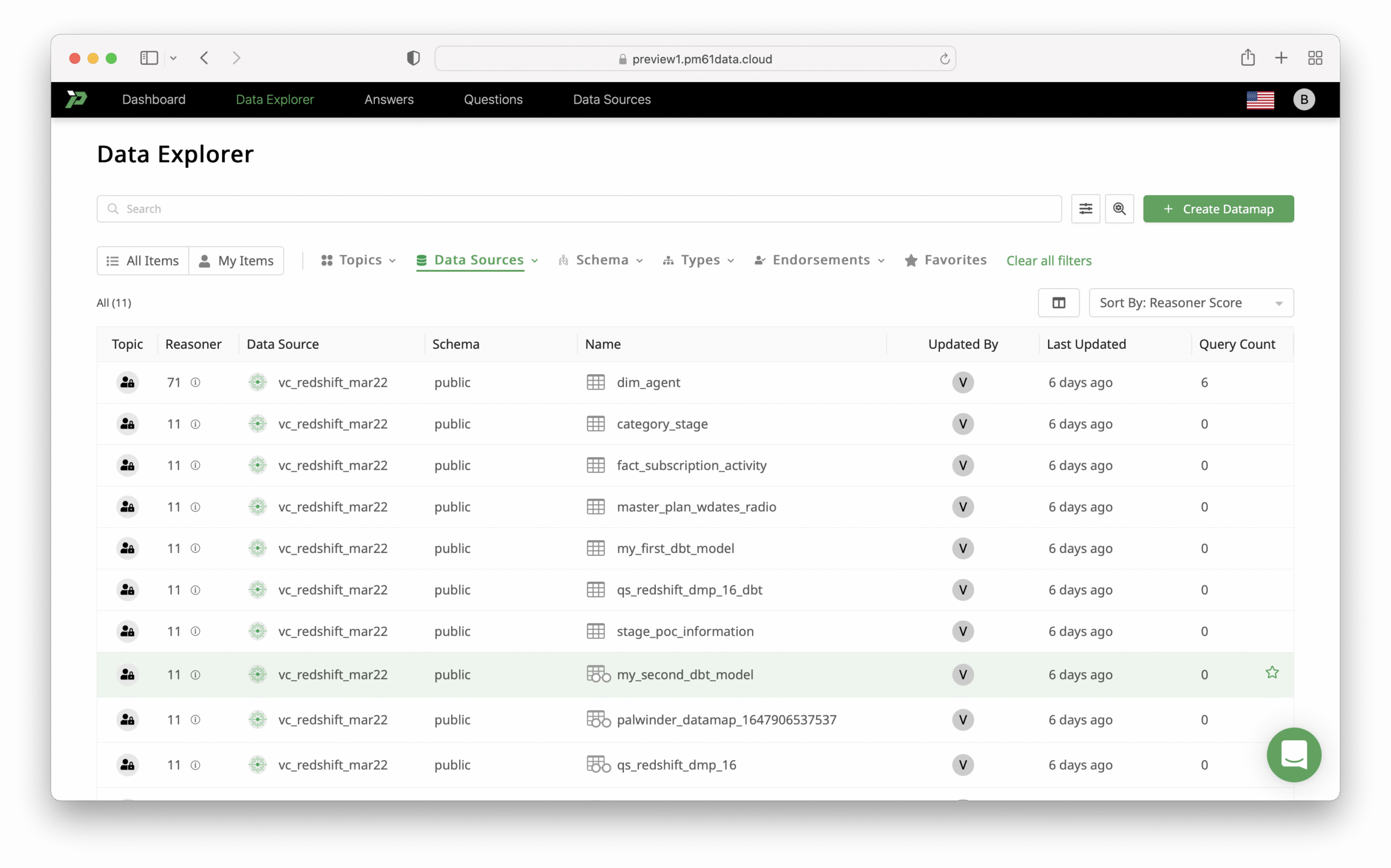The Redshift connector allows data to be cataloged, queried, transformed and to create tables in Redshift. This can be used to quickly and easily join data between different systems like Redshift and Hive, or between different Redshift instances.
The Redshift connector is available for the Promethium Enterprise edition. The Redshift connector is currently not available for the Free or Professional editions.
Jump to the how to video.
Connect Redshift
Connecting to Redshift is fast and easy. Simply click Data Sources from the menu, then click + New Data Source. Select Redshift and enter the information for your Redshift.

Redshift Connection
Redshift connection details can be case-sensitive. Ensure that data is entered with the correct case for your Redshift database.
What Happens Next – Finish Redshift Connection
Click the Connect button then select schemas. After successful connection and schema selection Promethium will automatically crawl and catalog data in your Redshift, then make the data easily searchable and usable.
Click Data Explorer from the menu and begin exploring the data in your Redshift Data Cloud.

Redshift Data Catalog Promethium
FAQs
Is my data moved or copied out of Redshift?
No. Your data stays in Redshift and isn’t moved to Promethium.
What options are available for publishing datasets?
Datasets can be published as a view, as a table in Redshift or as a dbt model.
Is this a Production-level connector?
Yes. The Redshift connector is designed for all-sized Datasets.



